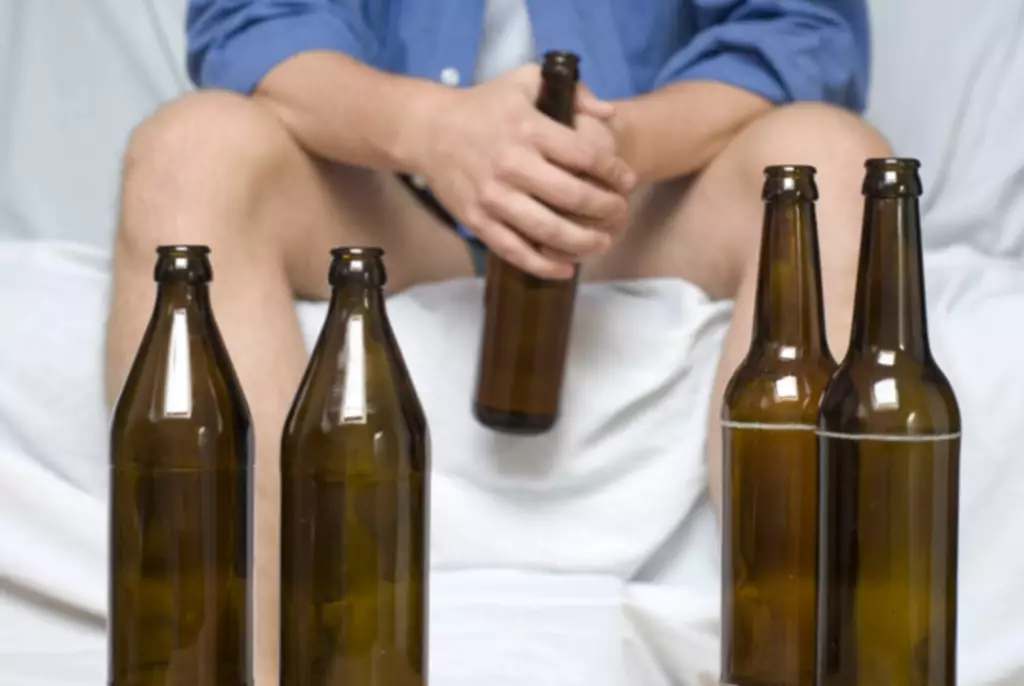Content
Heavy drinking is believed to cost the U.S. economy more than $200 billion a year in lost productivity, health costs, and property damage. The social work education programs provided by the University of Nevada, Reno School of Social Work are accredited at the baccalaureate and master’s levels by the Council on Social Work Education (CSWE). This indicates to the public and to potential employers that graduates meet the high professional standards established by CSWE in its Educational Policy and Accreditation Standards (EPAS). Please refer to for a complete list of Educational Policy and Accreditation Standards.

However, even if you’re drinking less than this in one session, if your binge drinking is having unwanted consequences in your life, it may be time to reassess your drinking habits. This form of drinking is a serious health problem that can lead to major dangerous, and potentially life-threatening, problems. Despite the potential consequences of binge drinking, it is important to understand the difference between this and actual alcoholism, because there is a difference. Despite the lack of evidence of detrimental effects on any outcome at low/moderate maternal alcohol consumption, many professional bodies err on the side of caution. The Royal College of Obstetricians and Gynaecologists has suggested that alcohol intake during pregnancy should not exceed 1 unit/day (Table 4).
Binge Drinking in Teens and Young Adults
Binge drinking is defined by the ingestion of at least five drinks (for men) or four (for women) during the same drinking episode. College personnel also have access to College Alcohol Intervention Matrix (CollegeAIM), a comprehensive resource designed to help address excessive and underage student dinking. With CollegeAIM, school officials are better equipped to identify effective, research-based strategies, measure the effectiveness of current strategies compared with other options, and create a personalized approach that meets students’ needs. College AIM also contains environment-level interventions that target the campus community and individual student interventions that target higher-risk groups like first-year students or members of Greek organizations. Binge drinking in adolescence can lead to problems with mental, behavioral and brain structure development.
This disorder causes developmental, cognitive, and behavioral issues that may haunt a child for all of their life. Binge drinking isn’t just dangerous in the long term, it also has short-term effects. Excessive drinking, including binge drinking, costs the U.S. about $249 billion per year.
Effects of binge drinking
Nine out of 10 binge drinkers aren’t dependent on alcohol, but doctors and scientists think they’re more likely to develop alcohol use disorder. Most American adults drink alcohol at least occasionally, but about 1 in 4 knock back several drinks in a short period of time at least once a year. About 1 in 6 American adults say they regularly binge drink, sometimes several times a month. If you’re looking for one of the best alcohol rehab centers in Arizona, look no further. Despite how problematic binge drinking can be, most of the people who do binge drink do not have severe alcohol use disorder. The ambiguity surrounding the sociability-binge drinking relationship may be due in part to operationalization differences (Wiggins and Wiggins, 1992).

Social binge drinking is a significant problem in North European countries and the United States. Those aged 16–24 years are more likely to engage in binge drinking, with 36 and 27% of men and women, respectively, in this age group reporting that they binge drink at least once a week. In the United States, social binge drinking is particularly prevalent (44%) among college students and it has been estimated that upto 68% of the total amount of alcohol that students reported drinking has been consumed by binge drinkers.
How does binge drinking affect your health?
For instance, it could cause thinner-than-average prefrontal cortex, underdeveloped cerebral areas, and functional abnormalities in the hippocampus. Generally, the risks of more severe withdrawal symptoms increase in approximate proportion to the extent and duration of binge-drinking behavior. Regular consumption of alcohol can lead to significant changes in the individual’s memory. In fact, as the amount of alcohol consumed increases, so does the degree of memory loss. Every individual has a slightly different reaction to heavy drinking. While some people might close themselves off, other people become boisterous and more emboldened in their interactions, if not outright aggressive.
One study by the National Institute on Alcohol Abuse and Alcoholism found that roughly 42% of all violent crimes leading to police involvement were alcohol related. This shows that the odds of a drunk individual becoming violent are higher than anyone would like to imagine. The main indicator of a binge-drinking episode https://ecosoberhouse.com/article/the-hidden-effects-of-binge-drinkin/ is having four to five drinks (or more) within two hours. It isn’t linked to a dependency on alcohol, and the CDC frames it as a preventable problem. Binge drinking isn’t necessarily an indicator that you or a loved one has alcohol use disorder (also known as alcoholism), which is a dependency on alcohol consumption.
While under the influence a person who becomes aggressive is more likely to commit homicide, domestic violence, physical, or sexual assault. It is also possible they will have no memory of the event the following day, but the consequences of their crime will still exist and can easily ruin lives. In 2019, approximately 5.3% of the population, or 14.5 million people, had an alcohol use disorder.
Is it OK to binge drink occasionally?
Is Occasional Binge Drinking Okay? Binge drinking can harm a person's health – even when only done occasionally. No amount of alcohol consumption is safe.
These changes could produce chronic and sustained activation of immune responses that, in turn, could lead to immune exhaustion and dysfunction. Over the long run, alcohol increases the risk of several cancers, including cancer of the liver, mouth, throat, voice box, esophagus, colon, and rectum. Even a few drinks a week is linked with an increased risk of breast cancer in women. One recent study by researchers at the University of California at San Francisco found that 21 binge drinking sessions over seven weeks was enough to cause symptoms of early stage liver disease in mice.
Studies show that binge drinking can affect your working memory, which is your ability to store short-term information and keep track of what you’re doing. Drinking in excess can also lead to alcohol-induced “blackouts.” This is when your brain fails to move information from short-term to long-term storage, resulting in fragmented memories or difficulty recalling events. Binge drinking involves a pattern of short but heavy bursts of alcohol use.
Is binge drinking worse than daily drinking?
(CNN) – How often do you enjoy an alcoholic drink? If you classify yourself as a moderate drinker, there's a better than 50-50 chance you'll engage in binge drinking.
